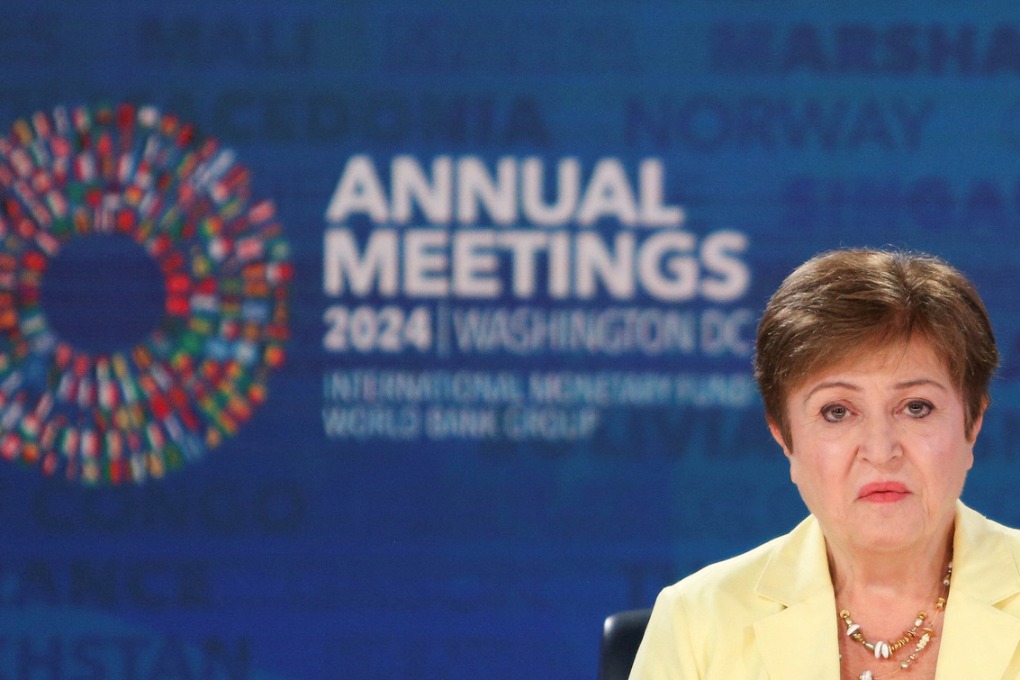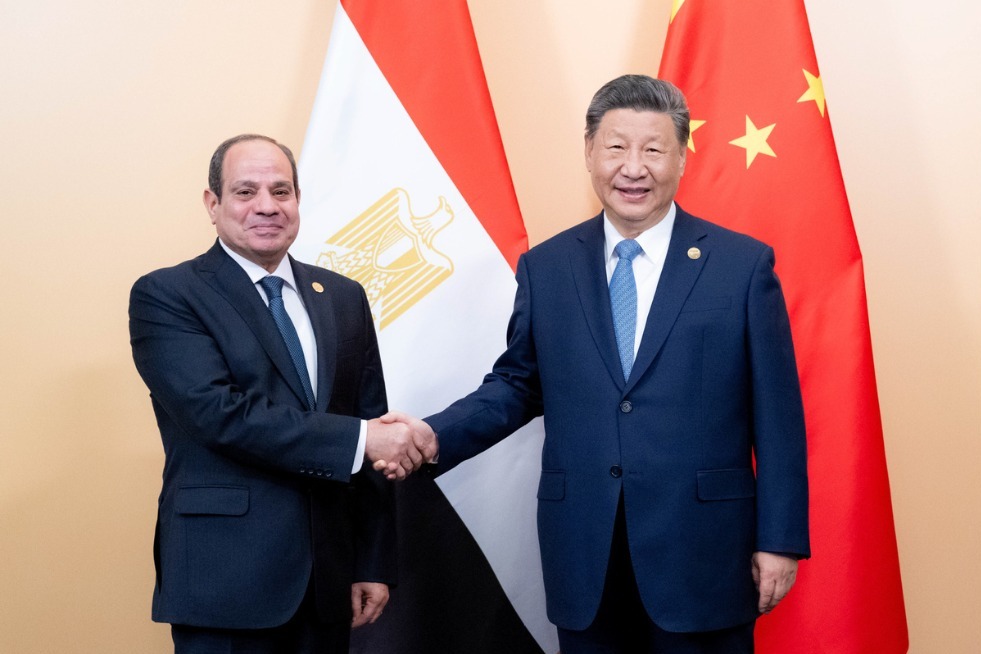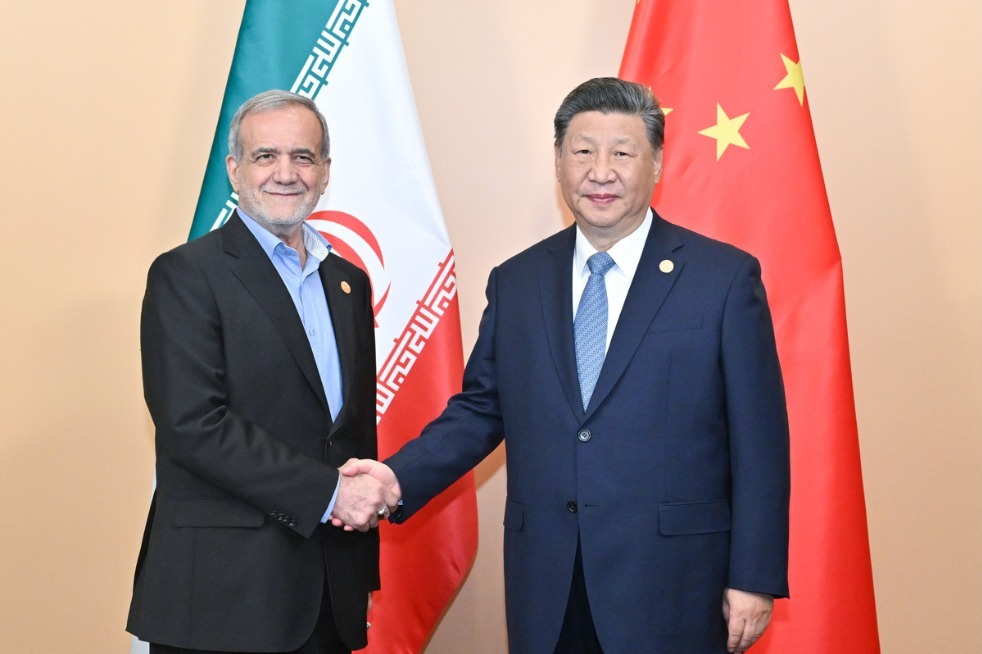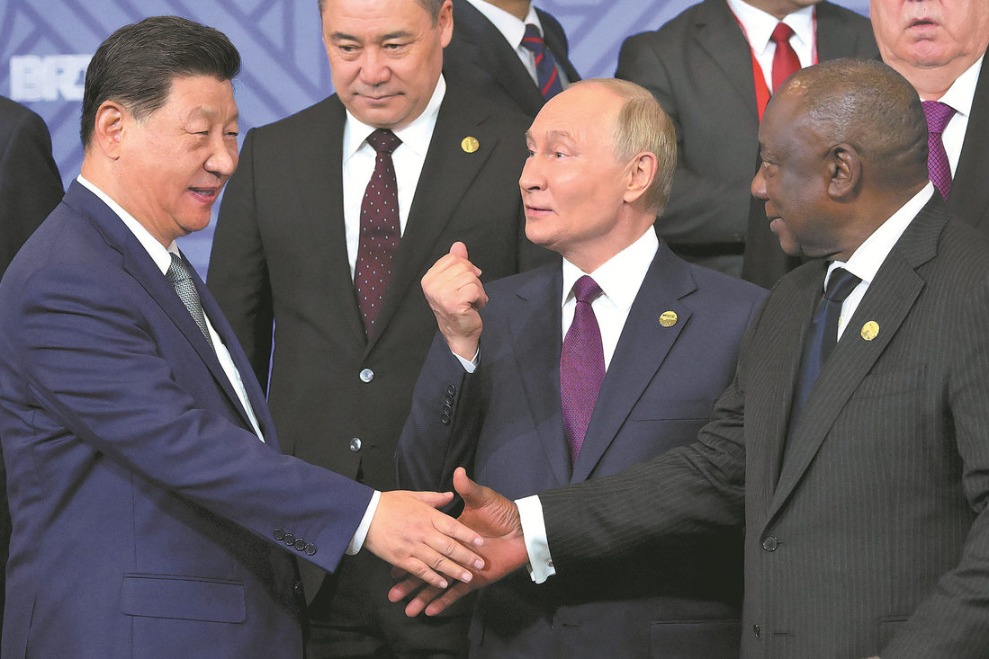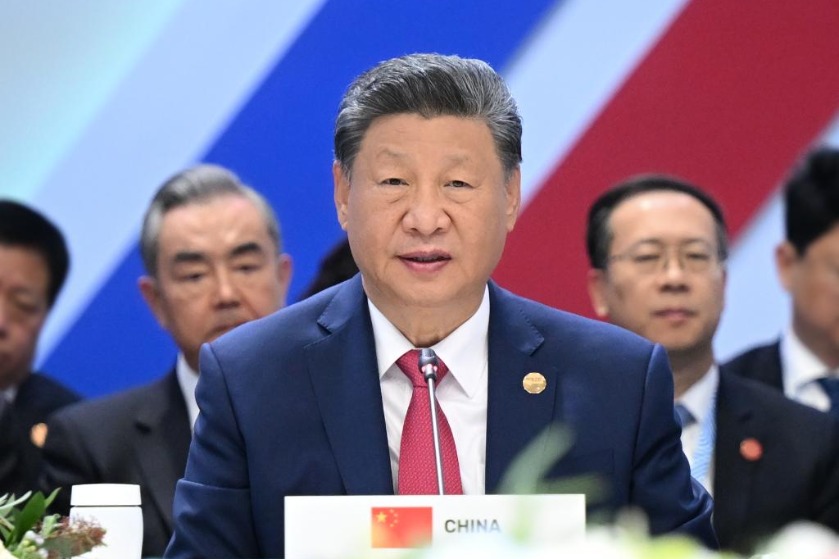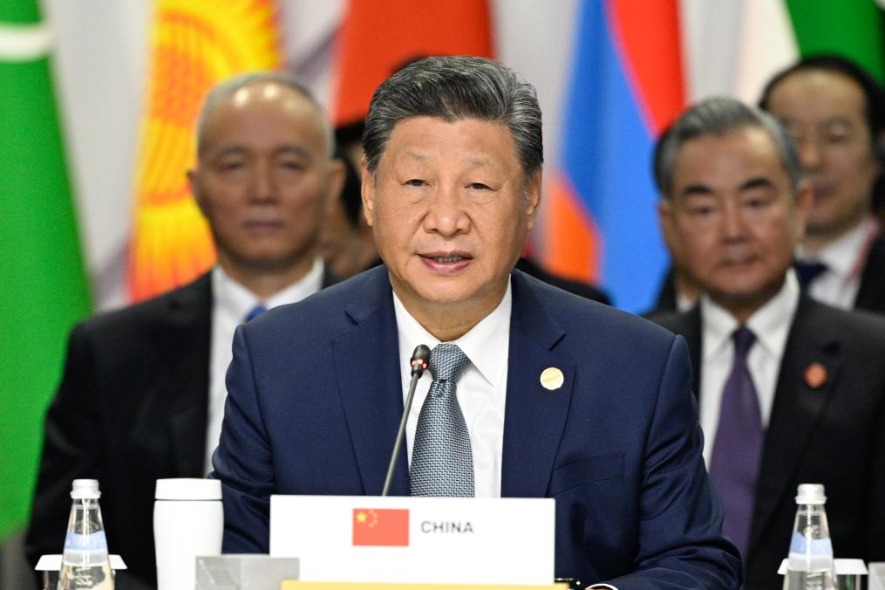World needs to stay connected for future
China-proposed initiatives help address global governance gap: Egypt's ex-PM

Connectivity is not merely beneficial to our world — it is necessary to avert disasters that could engulf our planet, Egypt's former prime minister Essam Sharaf said on Thursday in Beijing.
"We are connected and should remain connected. A collapse of a country or a region may lead to a global collapse," he said at the 2024 Global Strategic Dialogue co-hosted by the Chinese Academy of Social Sciences and China Daily.
"No single country or region can face such global threats. We are one humanity, and we should work and cooperate under this title."
Sharaf added: "So, imagine that this structure of connectivity is broken — that, for me, it is kind of the end of the world. That's why we should work very hard for the sake of being connected."
He described two potential futures — a world warped by isolation, mistrust, hostility and deterioration versus a community with a shared future for humankind advanced by connectivity, trust, peace and development.
"Our world is at a crossroads. We must decide whether to maintain the status quo and face potential self-destruction or chart a new course toward global unity by making significant changes to save our civilization," he added.
Sharaf praised China for proposing four international initiatives that he believed address the global governance gap.
He said: "The Belt and Road Initiative aims to improve global connectivity through physical infrastructure and people-to-people bonds. The Global Civilization Initiative aims to foster trust and respect among individuals across cultures and civilizations globally.
"The Global Security Initiative aims to resolve conflict through dialogue and consultation for peaceful resolutions and to prevent returning to the Cold War era. And the Global Development Initiative aims to provide an articulated road map for development through a unique set of core concepts and priorities."
Sharaf explained that he believes these are not disconnected initiatives but fuse as a mutually reinforcing "package".
He added: "That's a very good package because, as I said, you cannot talk about development without providing peace … we cannot live in peace without trusting each other. And to trust each other, we should be allowed the opportunity to talk, to communicate, to build some communication tools between us.
"When these initiatives are embraced by those who advocate for peace and development, they create a path toward a world where everyone shares a common prosperous future and enjoys a new world order characterized by dialogue-based international relations, rules-based global governance and true multilateralism."
Sharaf pointed to the GSI as an example of effective global governance. Rather than making ambiguous calls for peace, it offers a detailed blueprint on "how to do it", he said.
"You cannot say we need development and have all the fancy things about development without having peace. We have a priority, and we have pillars of development, how to do that and why, how to do it in order. And that's why I believe this is the strength of the global initiatives of China."
Sharaf pointed out competition remains unavoidable but can take place within the boundaries of cooperation.
He said security means more than merely military defense but also extends to such realms as climate change, education and health. And he pointed out that reduced defense spending would free up more resources for these other protections against vulnerabilities.
Sharaf explained that many people misunderstand the BRI as functioning solely to build trade transportation infrastructure rather than also facilitating people-to-people exchanges and cultural concepts that can last for centuries or even millennia, like the ancient Silk Road.
"The values of the old civilizations are still alive because the high human values are love, trust, peace, confidence and things like that. And everything else diminishes, and still, these human values remain.
"Yes, infrastructure is very important. … But it's not the whole story. It's not the full picture," he said.
"There's the soft connectivity, of course — people-to-people exchanges. That's why the soft connections are very important."
Contact the writers at [email protected]
















